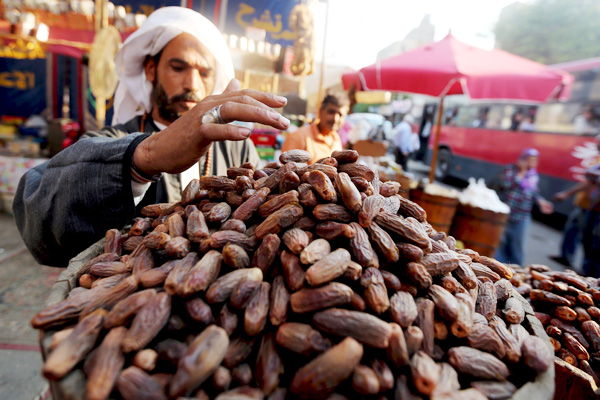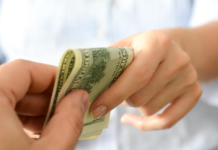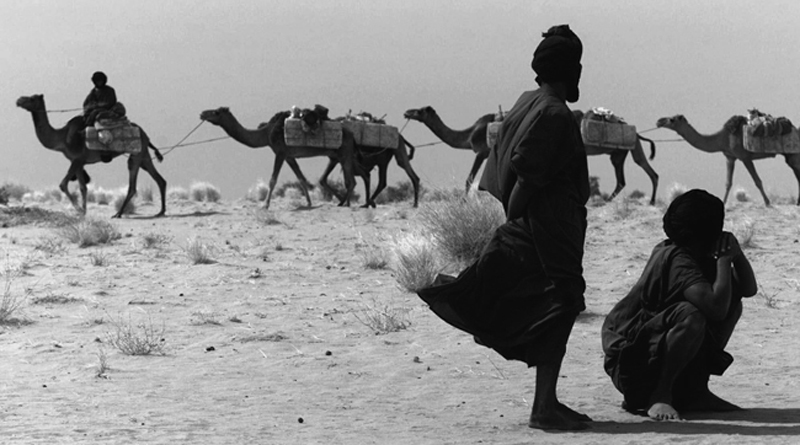
by Hind Raafat
Some of the vendors at Ramadan yamish (dried fruit) markets are giving contemporary monikers to their commodities in order to promote them. In so doing they are following the tradition of using names that catch the public eye and attract customers. These names are often based on the year’s events and the most prominent figures of each season.
Muhammad Abdel-Hakim, who sells yamish—a combination of dried prunes, apricots and dates—says Ramadan dates are affordable for everyone since they range between five and 40 Egyptian pounds per kilo, according to quality.
“My dates this year have no names,” he says, noting that a large number of merchants prefer not to name the products as people’s taste is diverse and no name can be liked by everyone, particularly over the past few years. “Why would I lose a customer with no good reason?” he asks, explaining that the issue is, to a great extent, just psychological.
“I know some merchants give names to dates to attract customers,” he says, referring to some common names such as ‘Sisi’ dates, which are the most expensive, the ‘army’, the ‘revolution’ and ‘martyrs’ dates as well as ‘Safinaz’ dates, named after a famous belly dancer.
The first person to give dates a name was the musician Sayyed Darwish. When the British occupation forces prevented songs or anything else written about Saad Zaghloul while he was in exile, Darwish made would add the name Zaghloul indirectly to any song he could, so he sang about ‘Zaghloul’ dates, while in fact the song was about Egypt’s patriotic leader. Giving names to dates as a regular occurrence started during the late 1970s after a visit to Egypt by US President Jimmy Carter just a few days before the holy month of Ramadan. Merchants made use of the visit to name their dates after Carter. The idea grew more popular, and in the 1980s it continued with the huge success of Egyptian soap opera Layali al-Helmeya (Helmeya Nights), particularly the characters played by Nazek al-Selehdar and Selim al-Badri, with merchants calling their most expensive and highest quality dates after these actors. The craze developed and names of leading figures in all fields are given to various types of dates ahead of the holy fasting month. Soccer player Abu Treka, a leading footballer for many years, was a popular name, as were controversial female singers Hayfaa Wahbi and Nancy Ajram, who each hold a place in the date-pricing bourse.
The idea of linking prices of dates to their quality further developed after the 25 January revolution as political names and terms barged into the date market. The ’25 January Revolution’ itself was the most expensive date during the year after the ouster of Mubarak, while ‘Ikhwan’ (Muslim Brotherhood) was the lowest quality after Morsi was toppled on 3 July 2013. Some even called the poorest quality dates— at only five pounds a kilo— ‘Irhab’ (terror). However, the best quality dates have the name ‘Sisi’ and fetch the highest price.











